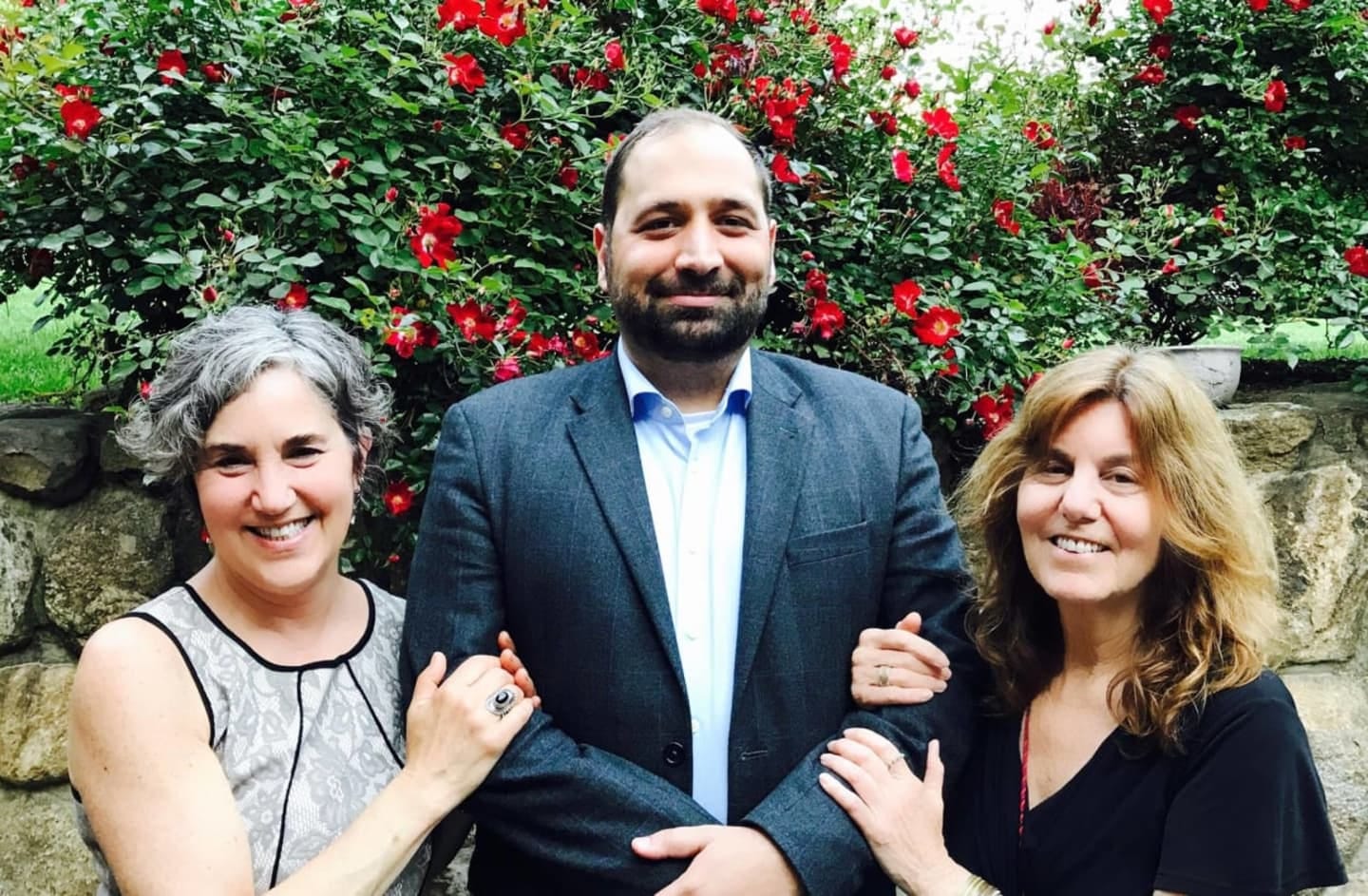Chronicle Editorial: Sleepy Hollow might move its local elections to November. Should Croton move its elections back to March?
Is our village more democratic, or just more Democratic, since the 2011 switch?
Note: This post is free to all readers, but not all stories are or can be. To support local journalism, please consider taking out a paid subscription. Details below.
This coming Tuesday, March 19, the voters of Sleepy Hollow will be faced with a choice Croton made back in 2011: Whether to move its March municipal elections to November, in concert with state and federal polling. Judging from the letters in the local press and other indications, the referendum appears favored to win, although there certainly are opponents.
The arguments being made in Sleepy Hollow are almost exactly the same as those made in Croton back in 2011, and which have been successful in leaving only a handful of Westchester County communities with March local elections: Taxpayers will save money by bundling up the election dates, and the process will be more democratic because voter turnout tends to be much higher in November.
The referendum in Sleepy Hollow is taking place in the context of some pretty complicated (and interesting) politics, which don’t concern us here since this publication is devoted to reporting only (more or less) on Croton-on-Hudson.
In recent years, those who are not fans of Croton’s current Board of Trustees have questioned whether the March to November switch of 13 years ago has rendered our village more democratic, or instead, more Democratic, leaving us with what some call a “one party town.”
(It is worth noting that the main activists behind the 2011 change were the up and coming young politician Brian Pugh, and former trustee Kevin Davis.)
There is little question that since 2017, Croton’s Board has become increasingly less politically diverse. That was the year that the main opposition group to the current Democratic Party/Working Families Party block, Croton United, made its last stand (see above.) Croton elections have been uncontested ever since.
If the best guide to the success or failure of a policy change is its results, then it would be hard to argue that, in the long run, the change from March to November elections has made the village more democratic. During the three terms that former trustee Sherry Horowitz was on the board (beginning in 2017), votes of the Board on various issues were occasionally non-unanimous; since she has left, Board votes are markedly unanimous on pretty much every issue that comes up.
Moreover, in the November 2023 election, Mayor Brian Pugh and the two candidates for trustee, Cara Politi and Nora Nicholson, did not hold one town hall or other gathering where villagers could hear what they stood for or question their political positions. Have Croton’s Democrats become too comfortable in office?
Judging from their handling of a number of issues lately, we think so.
And yet the proportion of registered voters in Croton is roughly two-thirds Democrat and one-third Republican. This means that since 2017, approximately a third of Croton voters have no representation at all in village government. The actual percentage could be higher, because not all Croton Democrats are fans of the current administration, a fact that can be discerned simply by talking to residents (something we at the Chronicle do pretty much every day.)
In recent years, Croton’s Democratic Party leaders have tried to gloss over this, in part by claiming that Croton United is (or was, it is pretty moribund now) merely a front for the local Republican Party. It didn’t take much reporting on our part to figure out that this is a falsehood; Croton United was, as it claimed, a coalition of Democrats, Republicans, Independents, and libertarians, at the very least.
So much for the argument that the March to November switch made our elections more democratic. As for the contention that taxpayers are saving money by trotting out to the polls one less time (as if voting were some kind of onerous task rather than the righteous expression of our democratic values), many have shown that this argument is nonsense as well. Back in 2011, when Croton made that switch, local elections only cost about $5000. While the cost would be considerably greater now, it would still be little compared to some of the things the Board votes to spend money on nearly every two weeks.
We had an example of this last month, when the Board voted to spend $236,565.30 to fix the tilting retaining wall at the bottom of Grand Street, of which only $59,076 will be covered by a block grant from Westchester County. Had the Board acted a year and a half earlier, when it had the chance to, the cost would only have been about $120,000, minus roughly the same block grant amount.
Yet as we reported out of that meeting, this incredible expenditure was met only with shrugs and a chuckle or two on the part of our trustees. Not one even lamented that we now had to spend this much money—nor did any one of the trustees question the decisions that had forced us to spend so much more money than originally planned.
Not one!
In March 2019, one of the leaders and former candidates for Croton United, Roseann Schuyler, published a letter in The Gazette calling for local elections to be moved back to March. Lamenting the domination of village politics by the Democrats, Schuyler made what we think are some reasonable arguments, including that an election that focused solely on local issues would allow those issues to be discussed more thoroughly:
“Conducting village elections in March would permit Croton residents… an opportunity to discuss and examine village issues outside of the noise and intrusion of national and state politics. A contested, local issues-oriented election seems like it would be an improvement over the situation we have now.”
Of course, a March election would require candidates on both sides to interest voters enough in the issues to induce them to come out to the polls. Believe it or not, Croton’s local politicians were once able to do that.
And here we have to take (former) members of Croton United to task. Despite lamentations about a “one-party town” and an apparent conviction that they could never win again in November, the fact is that Croton United’s candidates won some hotly contested elections in the years after the 2011 change to November voting—precisely because they were sometimes able to make a more convincing case to voters than the Democrats could. And what more self-fulfilling prophecy could there be but failing to run any candidates at all in the past three election cycles?
We have our own theory about why more conservative candidates have such a hard time of it now, although some may not like or agree with it.
In November 2016, a candidate named Donald Trump was elected president. The severe polarization of national politics—which did not track nearly so closely with the political divisions over our local issues in Croton as it does now—became an overriding factor. In a village known for its liberal politics and with a two-thirds Democratic Party majority, any successful candidate for the village Board would have to dissociate themselves very clearly from what the Republican Party has now become.
So while we think that in principle there is a good case for moving our elections back to March, there is an even better case for opponents of the current Board to actually participate in the democratic process and run candidates and force discussion of the issues. If the once influential leaders of Croton United don’t have the energy or the stomach for a new round of political battles, perhaps there are younger Crotonites who might take up the torch in their place.
Or perhaps not. In Croton, as everywhere else, over the long run we get the government we deserve.
This post was free to all readers. Please consider supporting local journalism by taking out a paid subscription. You can do this by clicking on this button. It’s only $5/month or $50/year.
You can also share this post, and share The Croton Chronicle, by clicking on one or both of these buttons:
Comments policy: No personal attacks on anyone, please be polite and respectful:






That last line, tough one to swallow. As no one in Croton deserves to be ignored or dismissed.